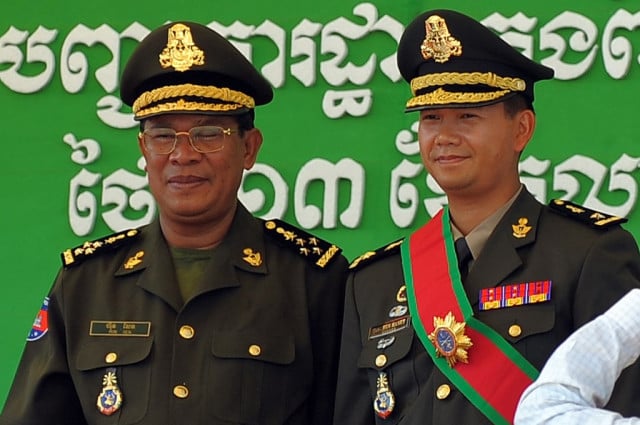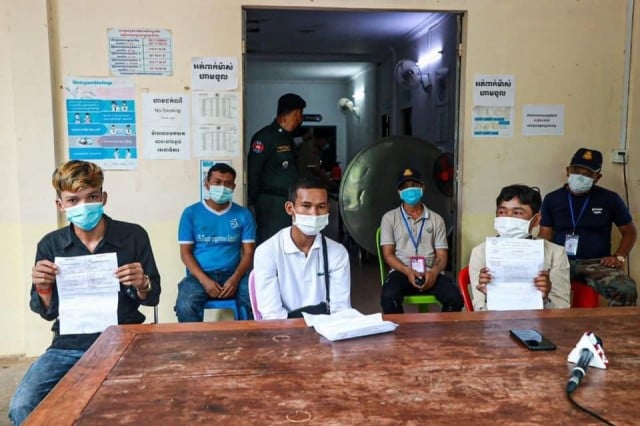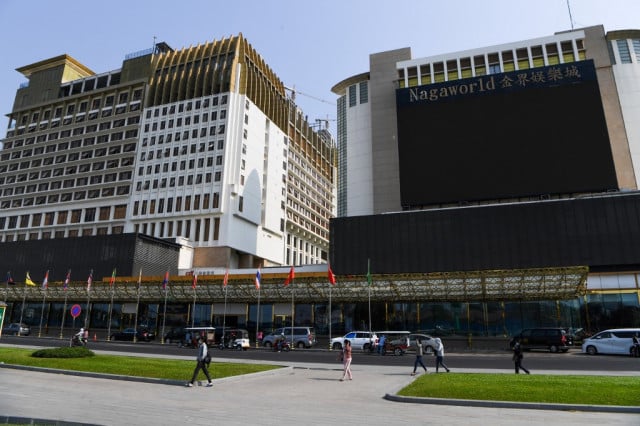Power Inherited

- By Cambodianess
- December 12, 2021 1:18 PM
With the announcement that he will support his son Hun Maneth to be his successor as prime minister, Hun Sen has spearheaded the movement of passing the baton from one generation of Cambodian People’s Party (CPP) leaders of the country to the next.
The most important CPP leaders have announced that they approved the prime minister’s decision and the ruling party will follow him along this path, which will lead to putting in place young public servants coming from its ranks so that, when the time comes, they can take over the control of the country.
Those in their 70s will progressively step aside and make way for those in their 50s and 60s, fathers for their sons. Because it is mainly in the “sons of” pool that will be drawn the country’s new political elite.
The current leaders emerged from the war years, their successors will have spent their youth abroad at prestigious schools and universities where their parents had sent them to acquire expertise. Those new leaders will have doctorates and other diplomas, he specified, as if it had to be emphasized that it is their knowledge and expertise that will bring them to lead the country and not their being the “sons of.”
For this handover wished by the CPP to take place, the prime minister’s political party must of course win the national elections of 2023, then those of 2028 and so on, which no one in the ruling party seems to doubt.
If this happens, this new generation of political leaders will come to power without having themselves won it over. This generation will inherit it, that’s all.
Their first task once in power will be to make people forget that they are “sons of.” They will have inherited their positions. They will have to show the country, and not only to their genitors, that they deserve it.















